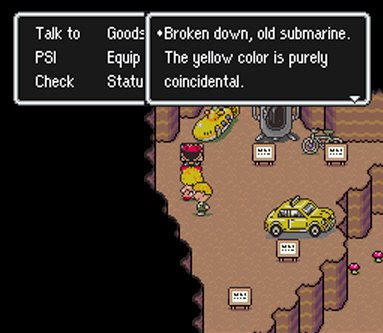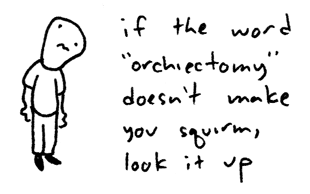petrichor (PET-rih-kor) — noun: 1. the smell of rain on dry earth. 2. The pleasant smell that accompanies the first rain after a dry spell.A word whose beautiful sound nicely matches its meaning. (Take that, green cellar door.) I first found this one as a word-of-the-week on Fritinancy back in October and became instantly enchanted with the notion of anyone coining a term for such an ephemeral thing. It first appearing in a 1964 article in Nature by Australian geologists I.J. Bear and R.G. Thomas, though it hasn’t become popular enough to merit inclusion in most dictionaries. (Both the American Heritage Dictionary and Merriam-Webster omit it, the elitists.) And, like may previous Back of the Cereal Box words-of-the-week, it occurs most often in articles noting how rare it is. Petrichor apparently succeeded the less mellifluous previous name for this particular thing, argillaceous odor — a misnomer in that argillaceous comes from the Latin argilla, “clay,” even though this scent isn’t associated specifically with clay materials.
Escaping the strictly verbal realm for a moment, I’ll note that the science behind petrichor is more complex than just wet dust. In fact, it results from a blend of fifty different compouds, “rather like a perfume,” as World Wide Words’s Michael Quinion puts it. On a simple level, however the mechanics seem to be this: Rocks and soil absorb plant oils during dry periods and then release it during rain.
Fritinancy and World Wide Words explain that the term was consciously created through the combination of two Greek words: petros, “stone,” and ichor, a word for the fluid that flowed through the veins of the gods. (Though it has an antiquated use as a word for watery, bad-smelling discharge from wounds and ulcers, the word ichor apparently survives in English in fantasy literature. Wikipedia cites its modern uses as being a word for vampire’s blood for example. Also: “The term ichor is often misused in fantasy contexts by authors trying to find a different word for blood or ooze, to the point that it has become cliché. Author Ursula LeGuin, in From Elfland to Poughkeepsie, calls the term “the infallible touchstone of the seventh-rate.”) Reading petros and ichor together, according to World Wide Words’s Michael Quinion, suggests the literal meaning “essence of rock,” which itself is pretty poetic — and also prettily poetic.
In conclusion, I’ll note a certain wistfulness sensation I felt as I posted this entry less than twenty-four hours after the hottest day Santa Barbara has seen so far in 2009. Late October, I have my eye on you.
And by eye, I mean nose.
But not literally.
Previous words of the week:
- adulterine, ambeer
- barrack, bissextile, breastsummer
- catholicon, cecaelia, cranberry morpheme, cummingtonite
- deasil, decussate
- epeolatry, espalier
- fabiform, fissilingual
- gallinipper, grandgore
- honorificabilitudinitatibus
- itaiitai, ignivomous
- jehu, jumentous
- kaffir, kakopygian, knipperdollin
- leman, lemniscate, limnovore, linsey-woolsey, longicorn
- malacia, milt, mongo
- nihilartikel, nobiliary particle
- ooglification, orchidectomy, ordured, orf
- pareidolia, pismire, pong
- quacksalver, quagga, qualtagh
- roynish
- scrutator, shebang
- tiffin, tittery-whoppet, toby
- ucalegon
- veneficial
- witzelsucht
- xenodocheionology
- ypsiliform
- zanjero, zenzizenzizenzic




